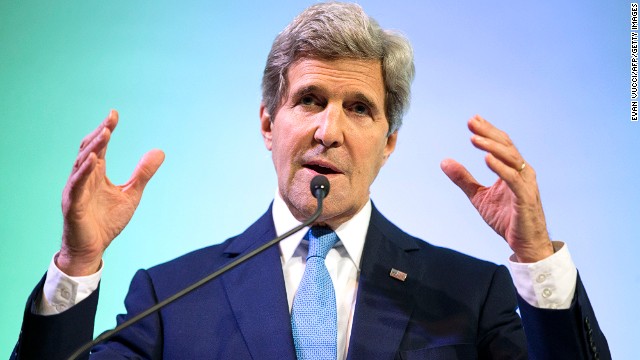Critical Thinking and the Paradox of History
Advice from a Lifelong Student (and sometimes Teacher) of History
Wayne D. King
Skepticism is the chastity of the intellect, and it is shameful to surrender it too soon or to the first comer: there is nobility in preserving it coolly and proudly through long youth, until at last, in the ripeness of instinct and discretion, it can be safely exchanged for fidelity and happiness.
George Santayana
US (Spanish-born) philosopher (1863 - 1952)
History and politics must be approached with a large dose of skepticism whether from the left or the right because, after all, history is generally written by the "winners" whether their cause was just or not. While I may have coined, or simply adopted, the phrase "The Paradox of History" neither the phrase itself, nor the thought, is unique or original.
Economist John Maynard Keynes coined the phrase the “Paradox of Thrift” to describe that point in a recession when the public is inclined to save as much as possible and spend as little as possible, while at the same time massive spending is the only way to alleviate the economic peril that the country faces. The Paradox of history is simply that history is written by the “winners” who have a vested interest in the narrative, while at the same time, history's greatest benefit to us is what might be learned from an unbiased narrative that provides us an opportunity to see both the good and bad in its events, personas and results. Stated more eloquently by Gordon Craig, “the duty of the historian is to restore to the past the options it once had.”
So, therefore, a good teacher's first responsibility to his or her students is to convince them that they should believe as little as possible of what he or she is about to tell them. Let's call that the "educators corollary" to the Paradox of History.
Having admitted to complete and utter fallibility, a good teacher must then impart his/her knowledge assertively, as if no other source was closer to the oracle of knowledge.
A worthy teacher, then, seeks not to serve answers or truths but to urge students toward the development of critical thinking skills and a healthy skepticism, from which they can derive their own narrative.
This does not in any way alleviate the burden upon you, the student. Quite the contrary in fact - it imposes a larger responsibility because you must find a way to demonstrate a modicum of deference to my years of experience and knowledge while, at the same time, double checking the veracity of everything you learn from me.
One of the first things that you will learn is that a good critical thinker does not mistake opinion or "common sense" for fact. Opinion, after all is just that; one person’s view of something. Common sense, that stalwart beacon of logic and wisdom with which your elders have urged you to imbue your thoughts and behavior, is an even more devilish force because it is empowered by the vast influence of majority thought.
Stephen Hawking, in his extraordinary "Science in the New Millennium" speech, said “. . . common sense is just another name for the prejudices that we have been brought up with.”
Facts, on the other hand, as Mark Twain said, are "stubborn things"
they may stand by themselves or they may be turned into thought, but without them thought has no basis in reality; and, ultimately, no power.
So, as we begin this term, make it your goal to keep both your eyes and your mind wide open. Take joy in the moments in which your notion of the world is turned upside down because that is the surest sign that something useful is happening to you.
The Best Leader
A leader is best
When people barely know
That he exists,
Less good when
They obey and acclaim him,
Worse when
They fear and despise him.
Fail to honor people
And they fail to honor you.
But of a good leader,
When his work is done,
His aim fulfilled,
they will all say,
'We did this ourselves.’
Lao-Tzu
Chinese philosopher
Wayne D. King 2009



